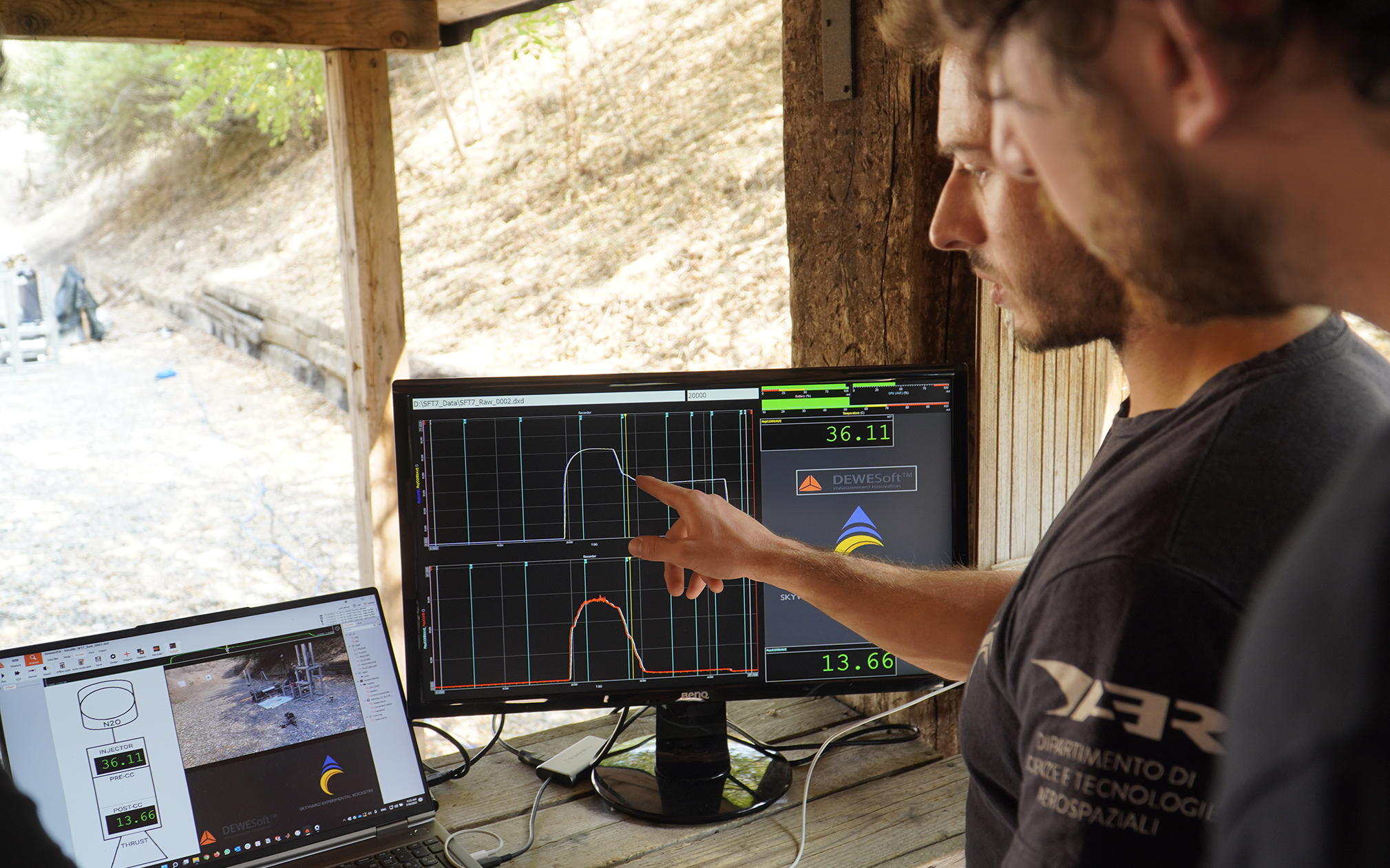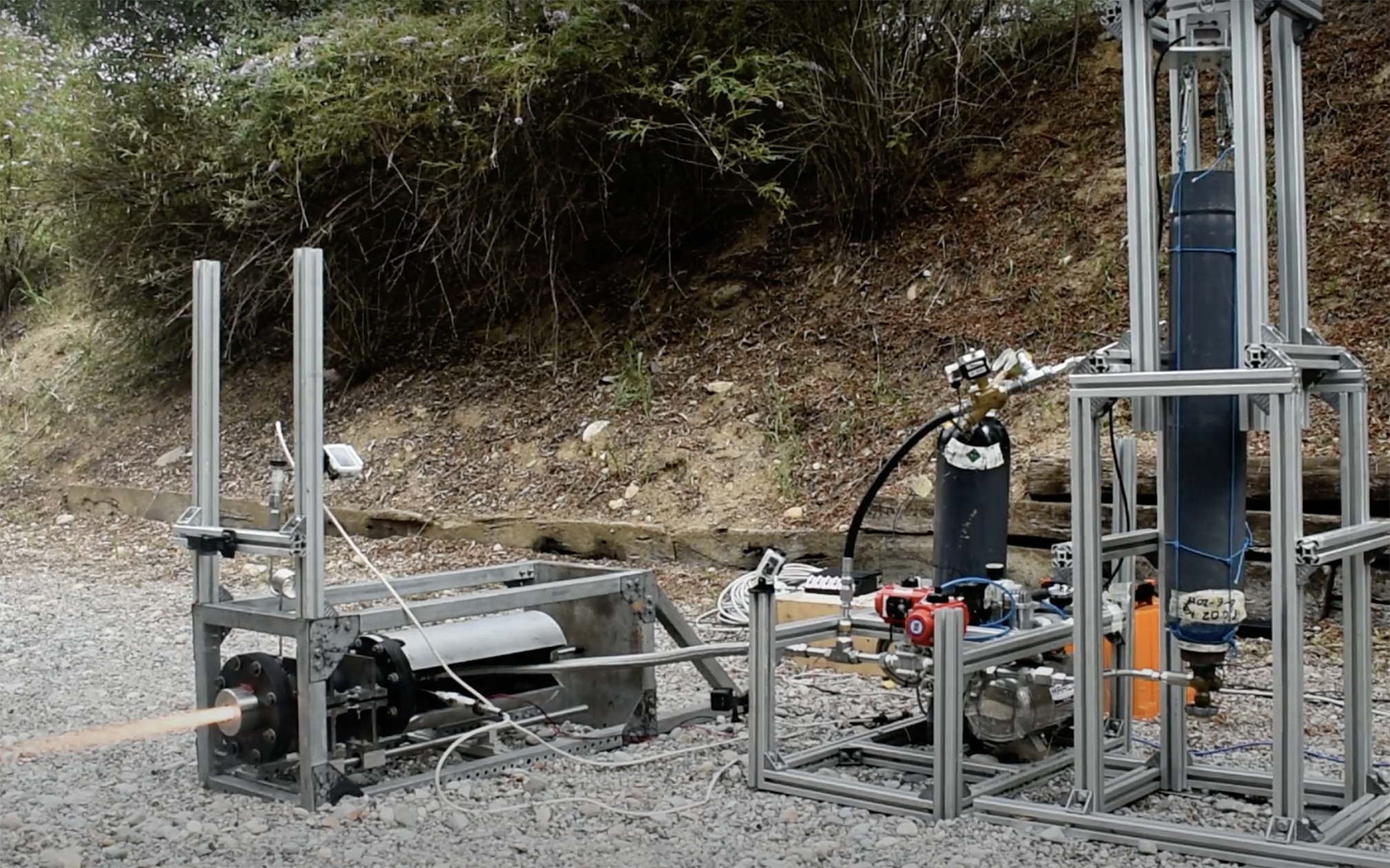Propulsion
Overview
The Department is in charge of the design, production and testing of the hybrid engine which will power our rocket for EuRoC 2023 competition. In addition, a dedicated branch is responsible of the investigation of different topics, in order to propose useful updates for the flying engine.
The Propulsion Department can be divided into three different teams:
・Rocket Propulsion System – RPS
・Ground Segment – GSE
・Research and Development – R&D
Rocket Propulsion System
The team is responsible of the development of the flying engine, from a propulsive point of view. The team shall strictly cooperate with all the other Departments in order to be compliant with the proposed constraints. The team shall choose the dimensions of the propulsive system, evaluating the performances through an optimization process. Furthermore, it shall perform thermal analyses in order to assess the correct functioning of the engine subsystems.
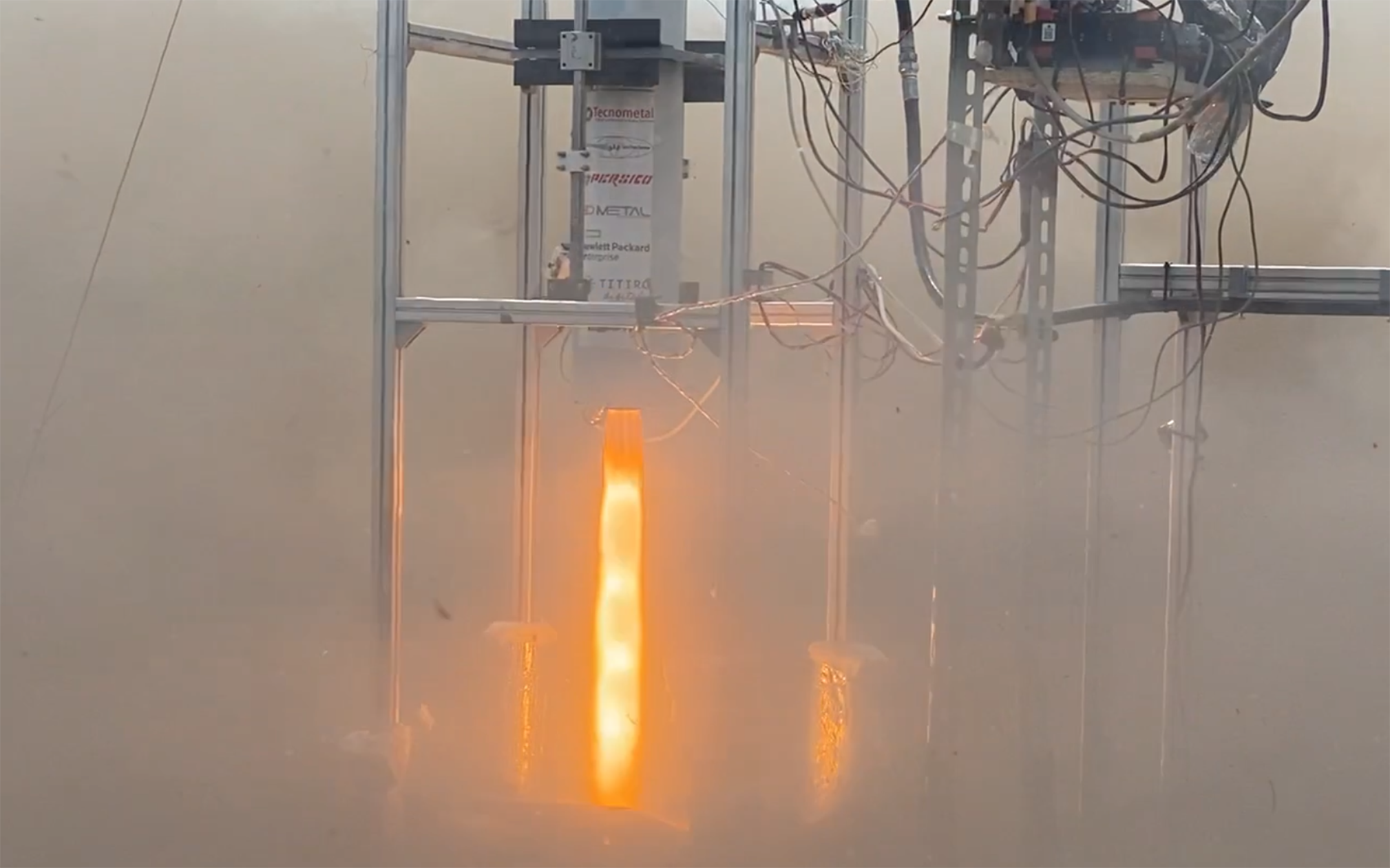
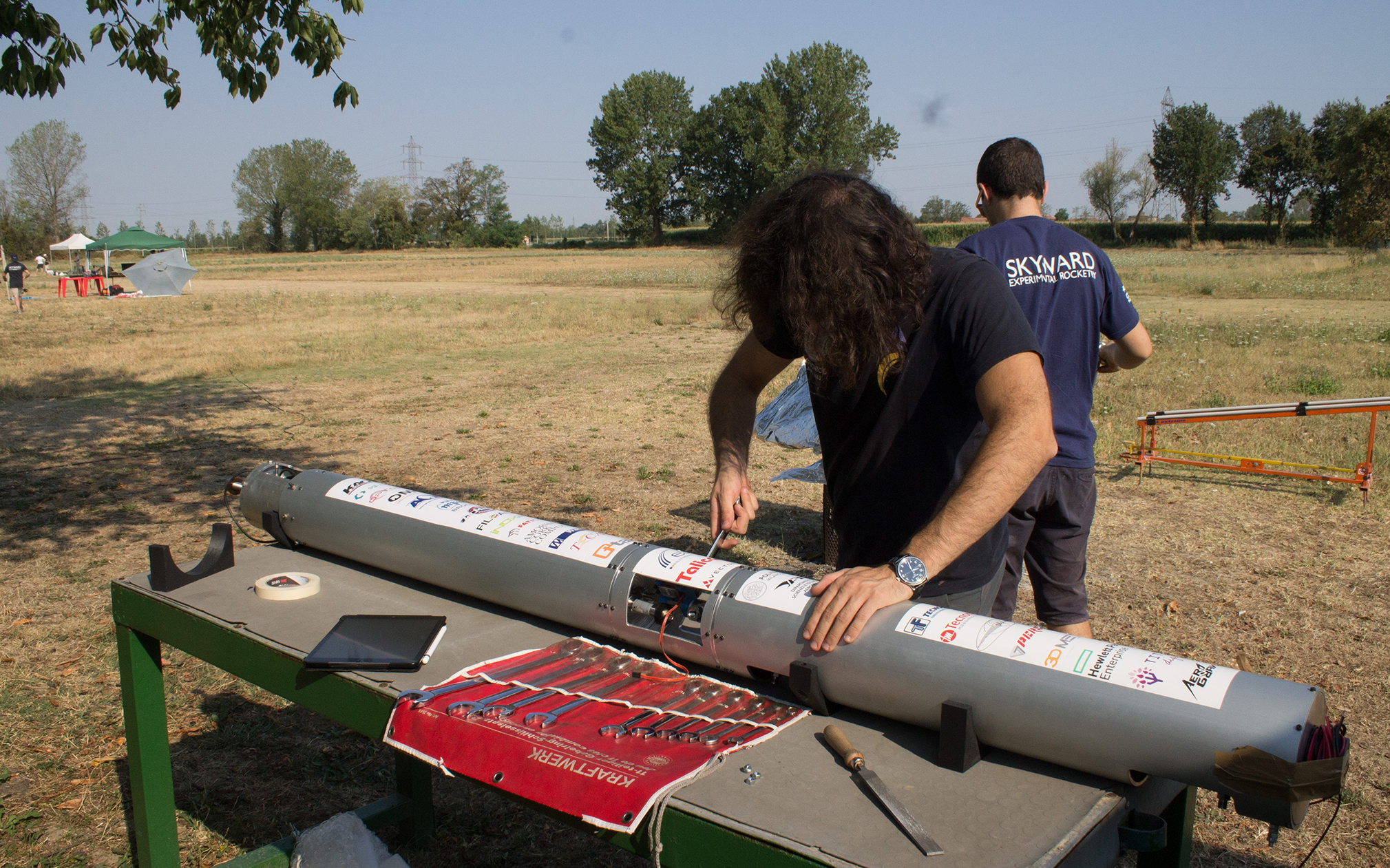
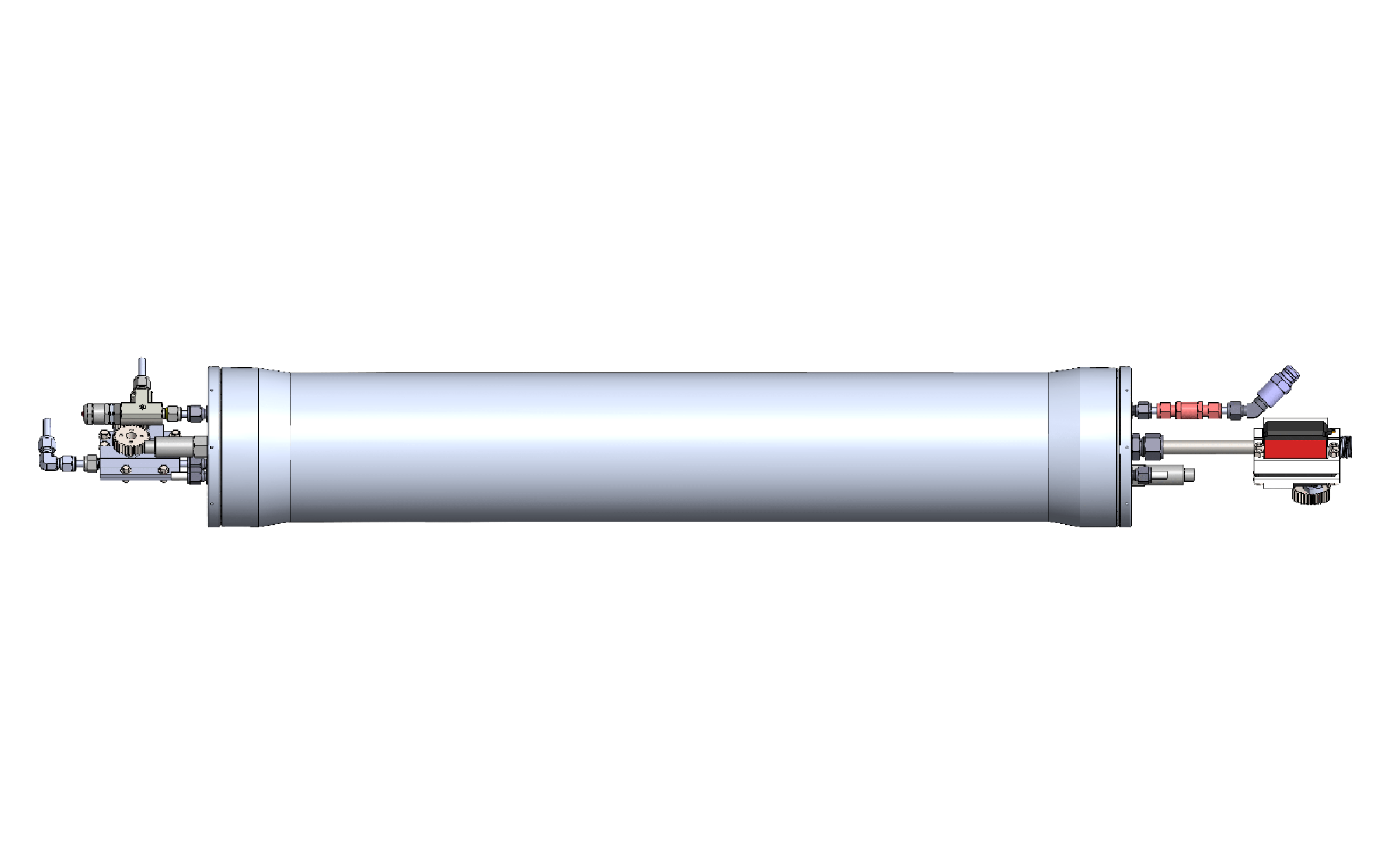
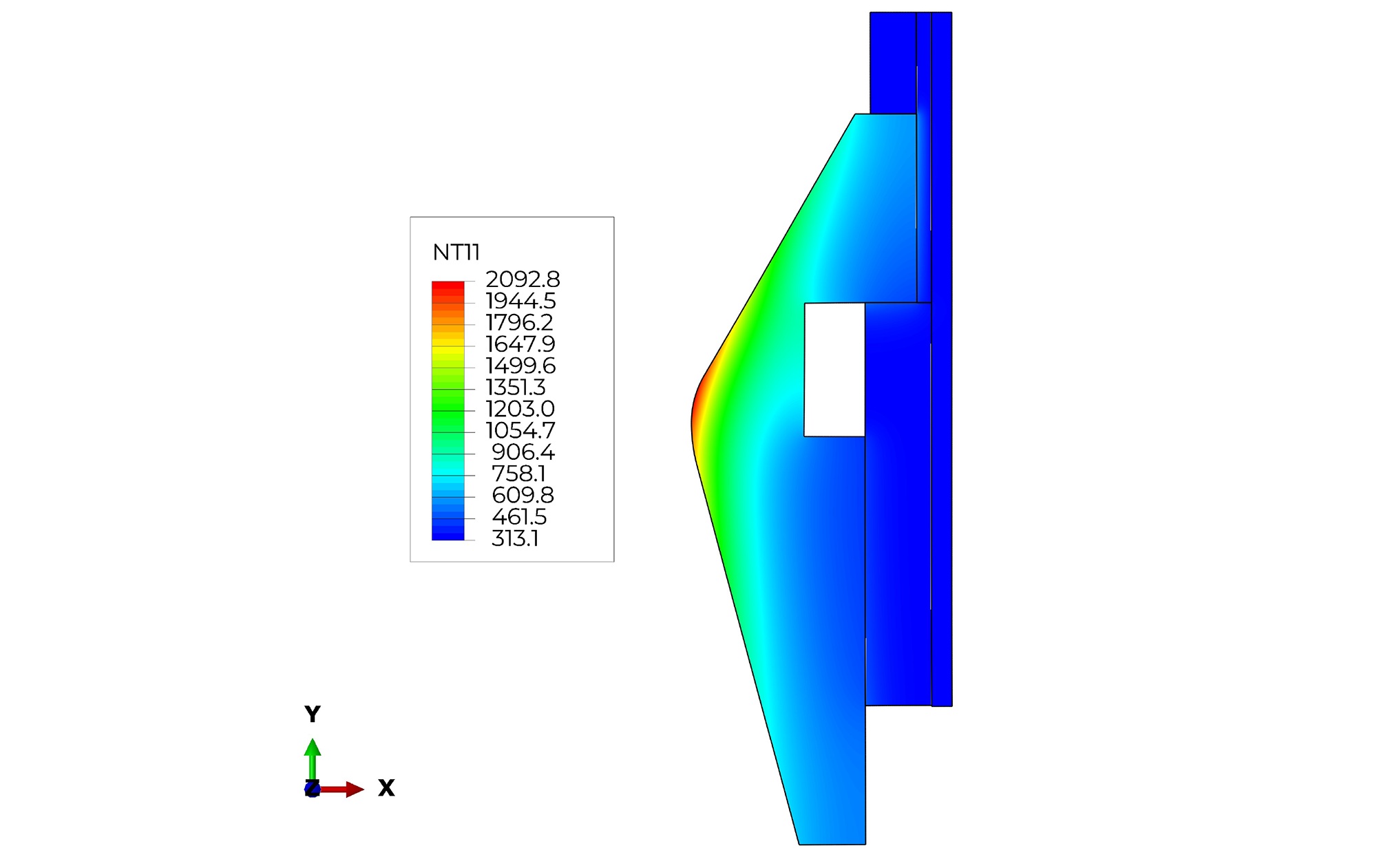
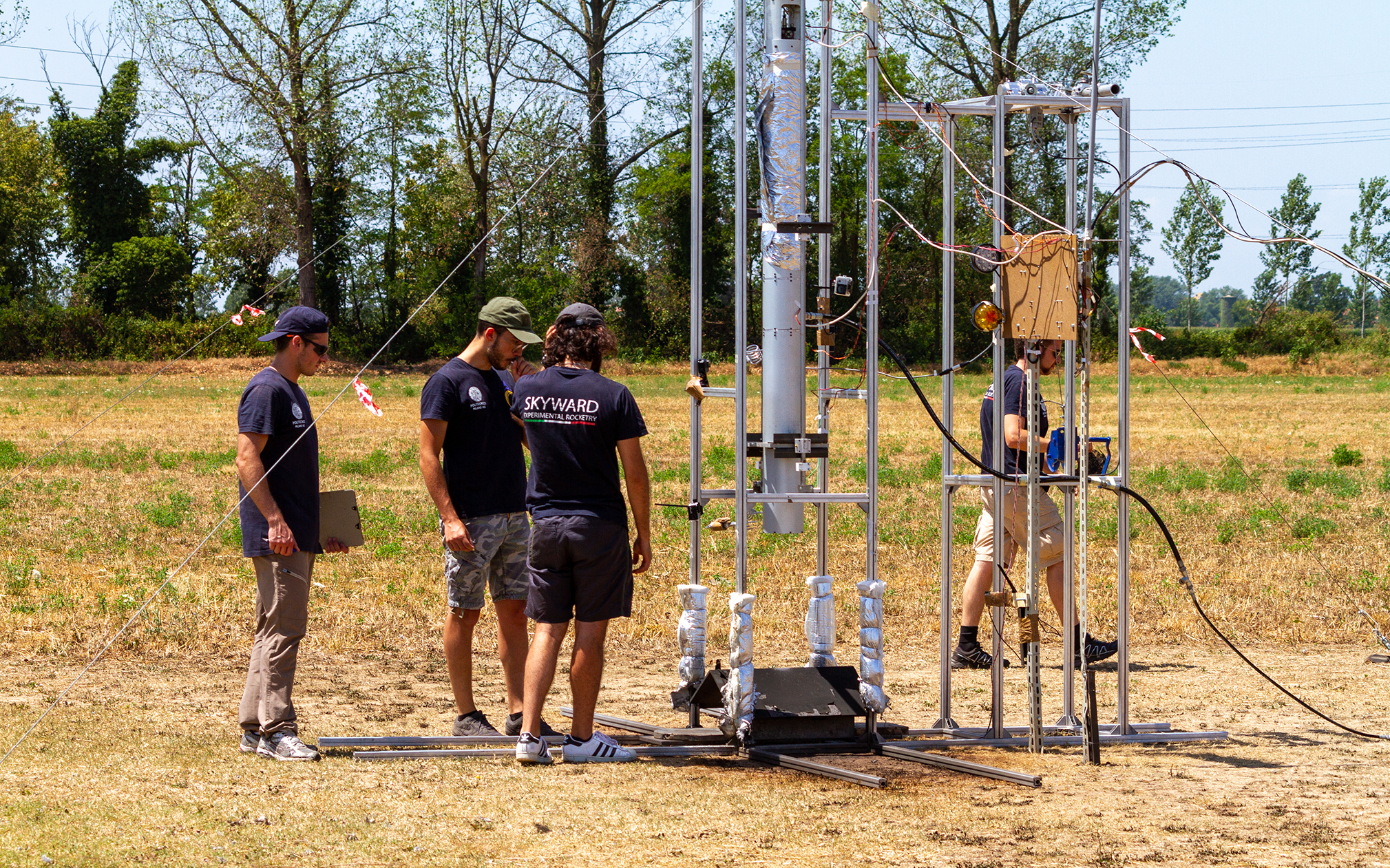
Ground Segment
The team is responsible of the design of a partially-autonomous refueling line which will be used during both the test campaign and the competition. The team shall submit the requirements of the RPS team and cooperate with them to organize the test campaign. Moreover, the team is in charge of design and organization of RPS test champaign.
Research and Development
The design of a flying rocket engine requires numerous information that can be retrieved only exmperimentally. For this reason, the team focuses on the requirements of the RPS team and deeply investigates the chosen topics in order to propose useful updates over time. R&D section features a test engine, HRE Mini, which allows to study different kind of propellant combinations; its high modulability permits to choose between different testing configurations.
